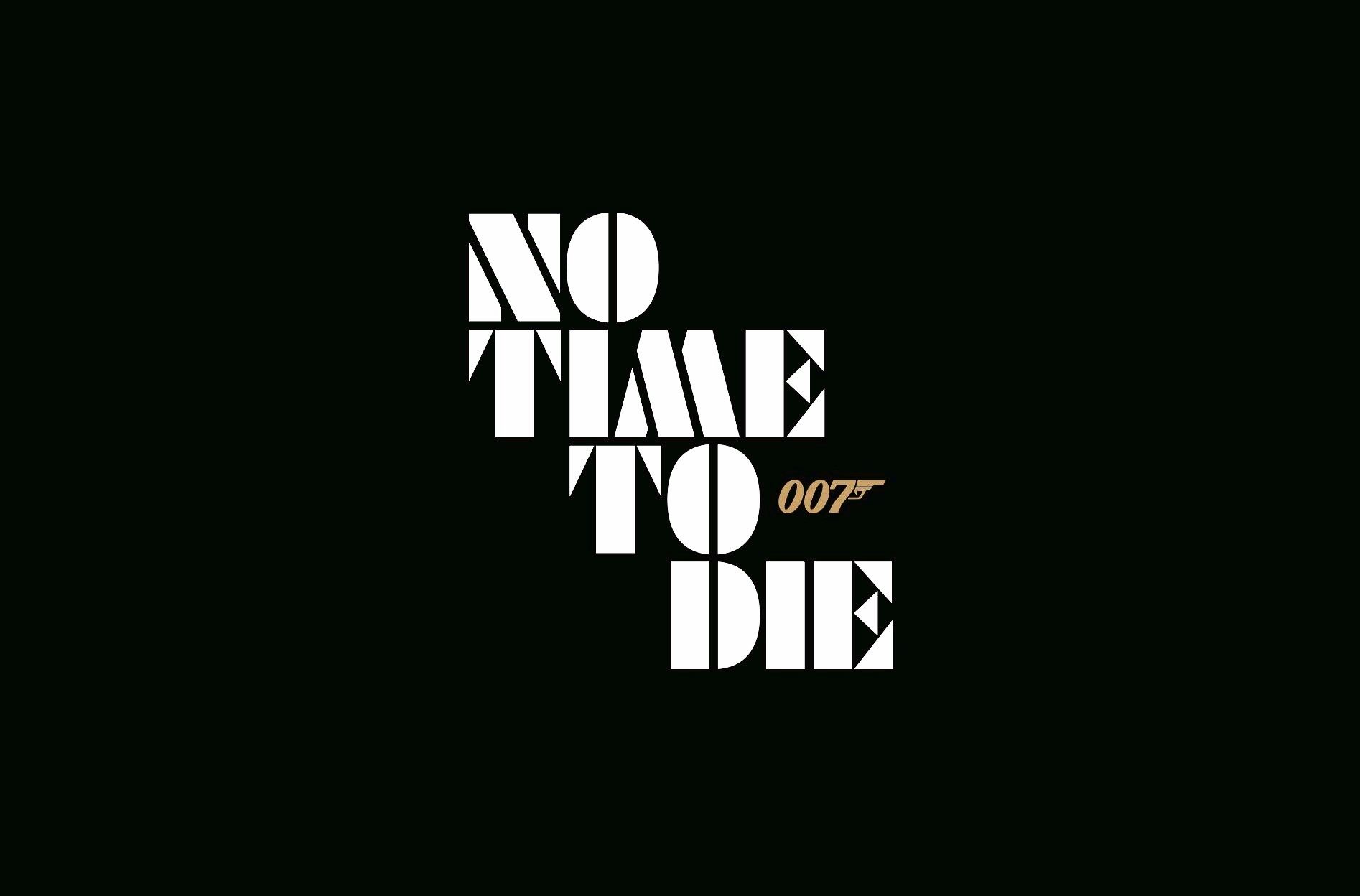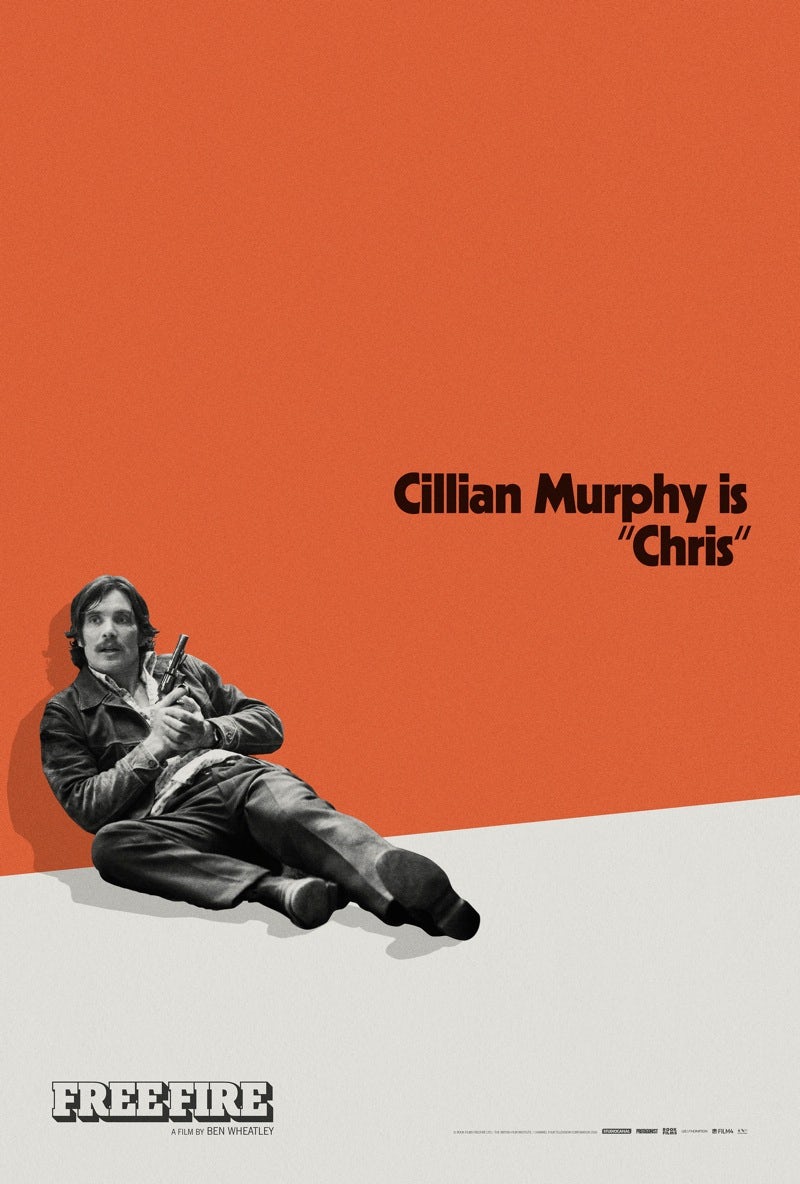Why our future relies on creativity
It’s hard to imagine a world without creativity. In myriad ways, it’s the rich lifeblood of our society; the crucial difference between simply being alive and actually living. It shapes our environment and drives us all forward.
And yet, in the UK at least, it’s under relentless pressure from the roots up. If we don’t give arts education the investment and focus it needs to shape the next generation of creative game-changers, the future could be bleak.
“We need storytellers, visionaries and creative innovators to create products, tech and experiences that help change the story and break new ground,” says Professor Emma Hunt, vice-chancellor and chief executive at Falmouth University. “It’s essential to grow our economy and drive global innovation.
“Creativity enables us to cope with uncertainty, to challenge perceptions, and make positive change in the world,” she continues. “There’s an urgent need for skills like creativity, resilience and enthusiasm, and the pandemic and ongoing world events have only intensified that need.”
Top and above: Images by Serena Brown
WHAT HAS CREATIVITY EVER DONE FOR US?
Setting macro-economic benefits aside for a moment, on a more individual level we all have our own unique relationship with creativity – and our own take on why it’s vital.
For Cornwall-raised, LA-based director Alex Turvey, it’s a powerful way to build community. “Social media allows ingenuity to be presented to a much wider audience,” says the Falmouth alumnus. “People starting out in their bedrooms, with blind ambitions to create what they see in their head, can spread ideas. They can build a spider-web of connections with people not touched or seen but linked by visual language.”
We need storytellers, visionaries and creative innovators to create products, tech and experiences that help change the story and break new ground
Fashion, sport, music and documentary photographer Serena Brown, another Falmouth alumna, suggests there’s a broader social benefit to consider. “Creativity is fundamental for bringing visibility to those often left in the shadows,” she reflects. “The landscape is becoming more inclusive now. There’s still a way to go, but there are more schemes to give opportunities to working-class people like me. It helps give us all a broader perspective.”
“Creativity is in all of us,” muses fellow Falmouth graduate Tom Brooks, a senior designer whose portfolio includes logos for Bond flicks Spectre and No Time To Die. “It’s in telling a joke; experimenting with food; building sandcastles; putting together a stellar look just to go to the shops,” he says. “The biggest contribution creativity can make to society is to exist. It’s up to society to ensure it’s not stifled or repressed, because it’s essential to human life.”
DOES CREATIVITY GET THE RECOGNITION IT DESERVES?
“Ask the average person about the arts and they might not see the immediate commercial value in such careers,” admits Brooks. “But ask if we could do without the buildings we live and work in, every word we read, the clothes we wear, and that same person will suddenly find new appreciation for architects, typographers and fashion designers to name a few.
“The problem is, every one of these people likely started as a child that could draw, or wrote imaginative stories,” he adds. “So, when we de-emphasise the arts and kill funding to these pathways for children, we kill a future in which that child makes their mark on the world in a very real way.”
Creativity is the glue that keeps so many sectors working together, and creative and cultural industries are major contributors to economic growth
Professor Hunt laments that the value of creativity has failed to translate into UK government policy, with STEM subjects continuing to receive the lion’s share of focus and funding. “Creative education is marginalised and stifled in schools. But creativity is the glue that keeps so many sectors working together, and creative and cultural industries are major contributors to economic growth,” she points out.
“From e-health and fintech to e-commerce and entertainment, creativity is needed to provide the meaningful, engaging, exciting user experiences at the interface between people and tech,” Hunt continues. “This is a core part of our evolution: using creativity to blend and merge other disciplines, for the next generation of multi-skilled, agile workers.”
 No Time To Die logo by Tom Brooks
No Time To Die logo by Tom Brooks
HOW CAN EMERGING CREATIVES MAKE THEIR MARK?
In the face of dwindling investment, the onus is increasingly on that next generation of talent to maintain their self-belief, curiosity, and integrity as they move from education into the workplace.
“Stay tapped into that child-like mentality of being excited by every opportunity,” urges Turvey. “It’s the worst thing when you start becoming too realistic. Remain oblivious to what could happen and stay loyal to your ideas.”
“Don’t make work for anyone else,” agrees Brown. “Create work that makes sense to you, because that authenticity will stay with you throughout your career.”
Turvey pushed hard to explore his interest in motion graphics, animation, and film within the parameters of his primarily graphic design-focused course programme at Falmouth. And while he concedes that a degree isn’t a necessity if you have enough talent, curiosity and untold stories inside you, the discipline of formal education proved invaluable to him.
“Uni was where I was first asked why I made something,” Turvey recalls. In fact, he was initially rejected for putting aesthetic before concept. “The tutors called me out. So, I fought for my place, and built theory into every project. It’s been instilled into my core from that point onwards.”
 Free Fire poster by Tom Brooks
Free Fire poster by Tom Brooks
IS A CREATIVE CAREER A SOFT CHOICE?
One of the most damaging and misleading assumptions about arts education in general is that choosing these subjects is somehow an easy option, and that creative careers are correspondingly ‘soft’ compared to their STEM equivalents.
Brooks has little time for this argument. “Creativity is the essence of what separates us from our primate cousins,” he says. “Historical human progress is frequently marked by people with the insight to look at a problem differently and leap into the unknown. I have deep sympathy for you if you’re unable to see the value that minds like these have.”
Based on Turvey’s experience so far as a freelance director in LA, life as a jobbing creative is far from soft. “You’re out in the wilderness with random jobs, like quests. Do I go down this direction, or this direction? It’s brutal,” he reflects. “You’re like an explorer trying to navigate your way and find an opportunity to be yourself. Rejection is a huge part of it, and you must become immune to that.”
Creative skills are key to unlocking the opportunities of the fourth industrial revolution. Quite frankly, they are essential
Plus, as Hunt points out, so-called ‘soft skills’ are hugely valuable and desirable in the modern world. “Right now, the world needs more empathy and consideration of others,” she says. “There’s a real sense of purpose that creative and cultural courses give to students, enabling them to make sense of the world and help make it a better place.
“Creativity is vital in placemaking, regeneration and supporting strong resilient communities – absolutely necessary in the challenging years ahead,” Hunt concludes. “Creative skills are key to unlocking the opportunities of the fourth industrial revolution. Quite frankly, they are essential to our social and economic survival.”
With more than 120 years’ experience, professional facilities, peerless connections and a vibrant, collaborative community, Falmouth University is harnessing the power of creative thinking to deliver innovation, impact and change for good. Former staff and students are invited to reconnect and share their Falmouth stories at falmouth.ac.uk/celebrating-120-years
